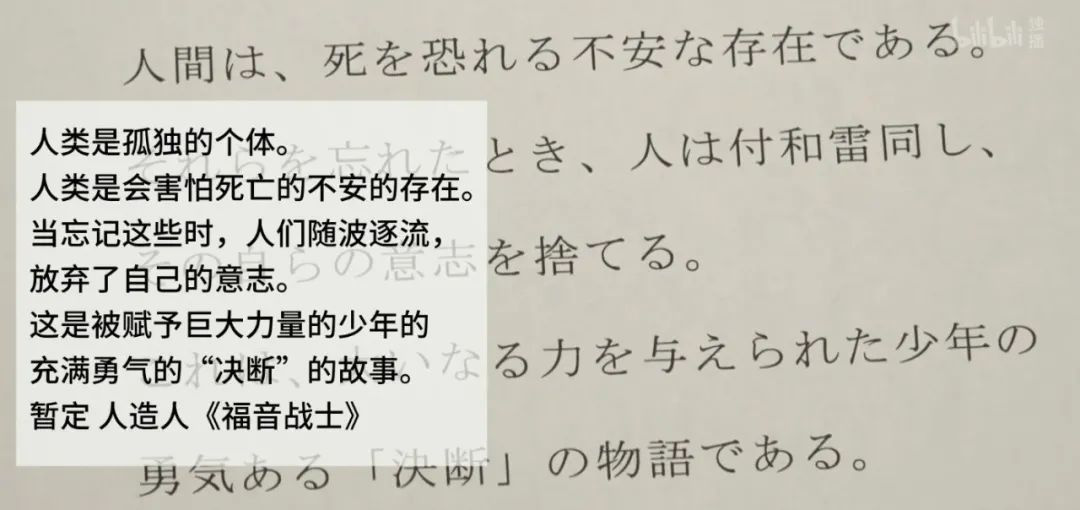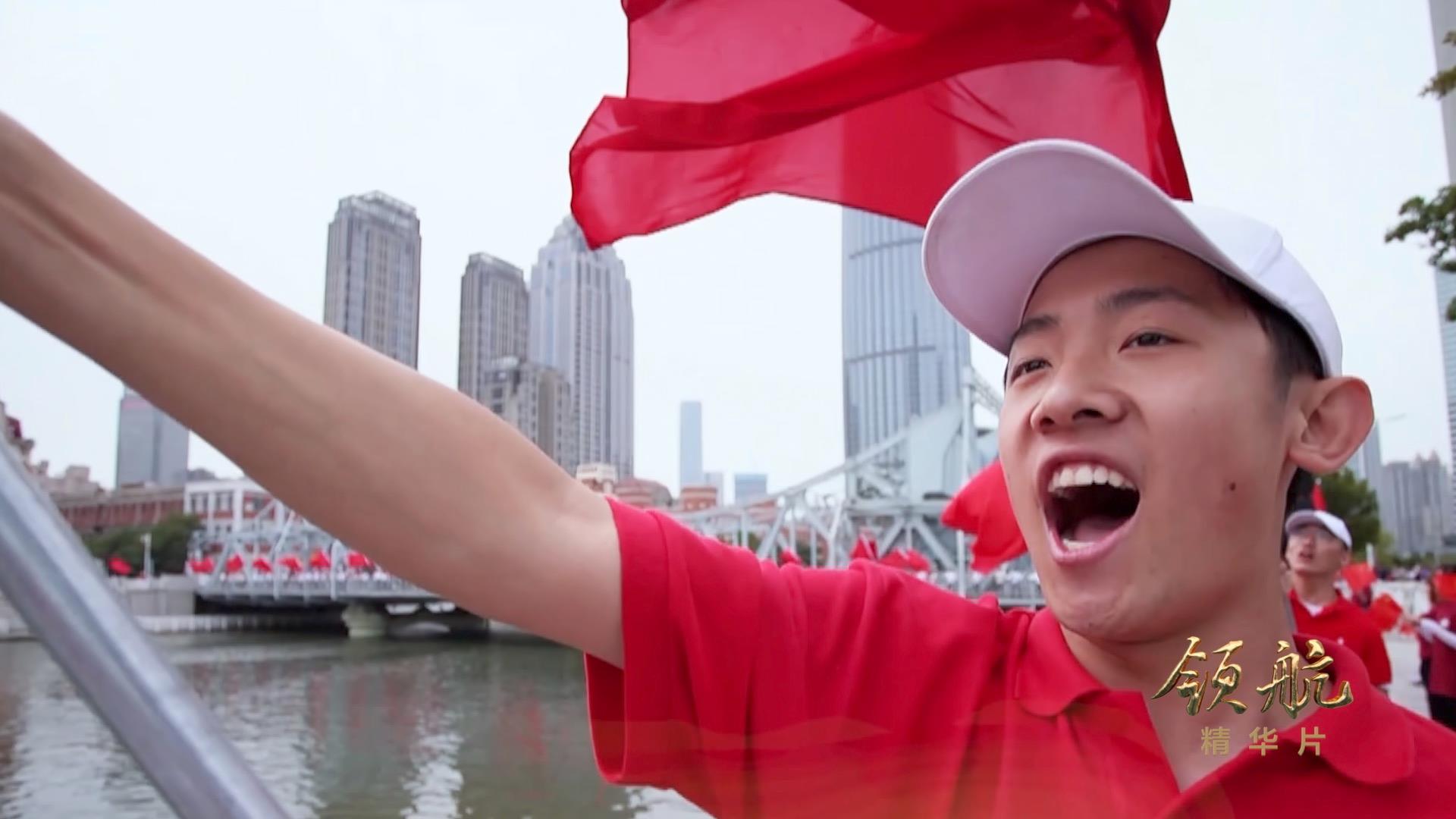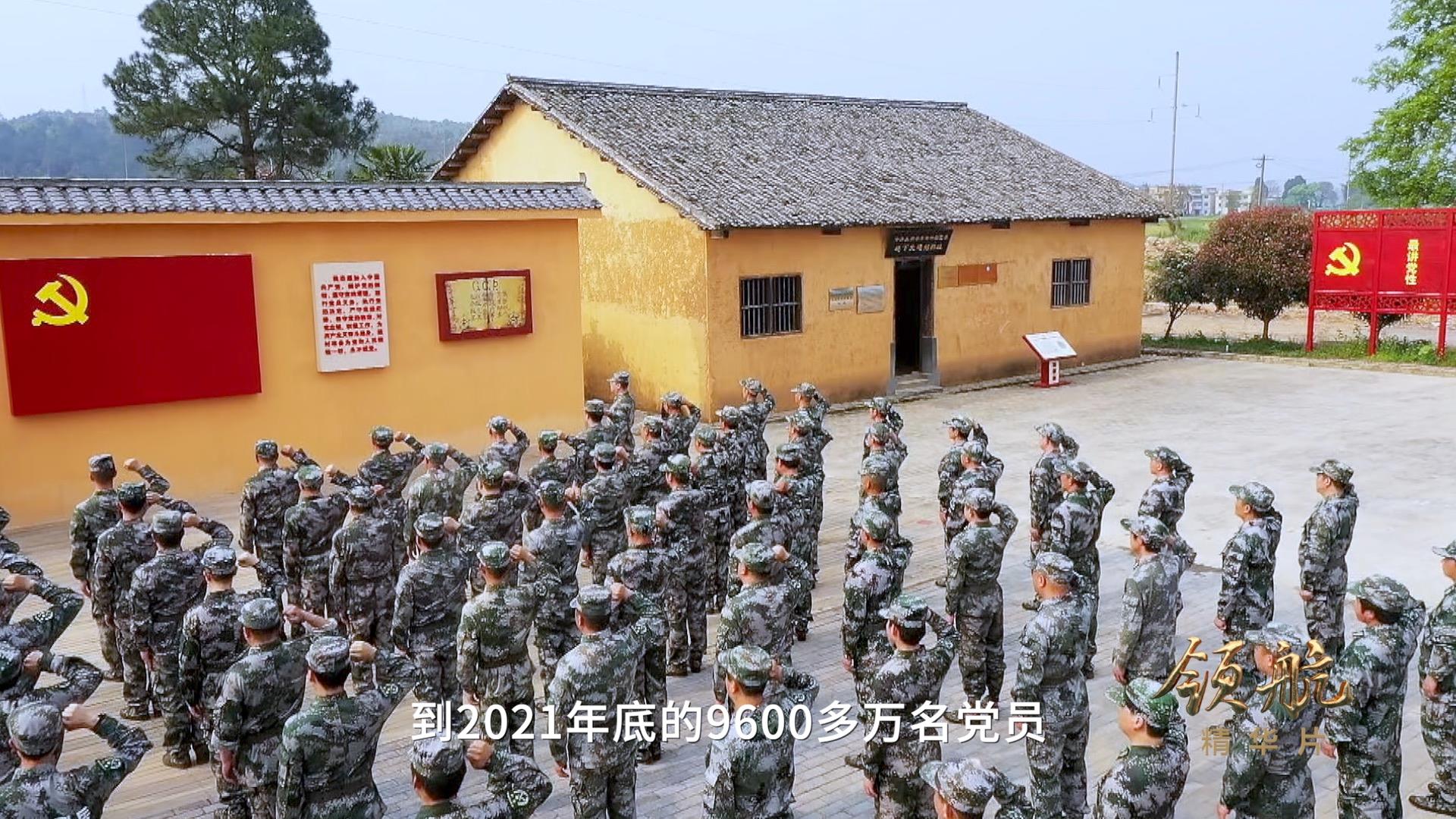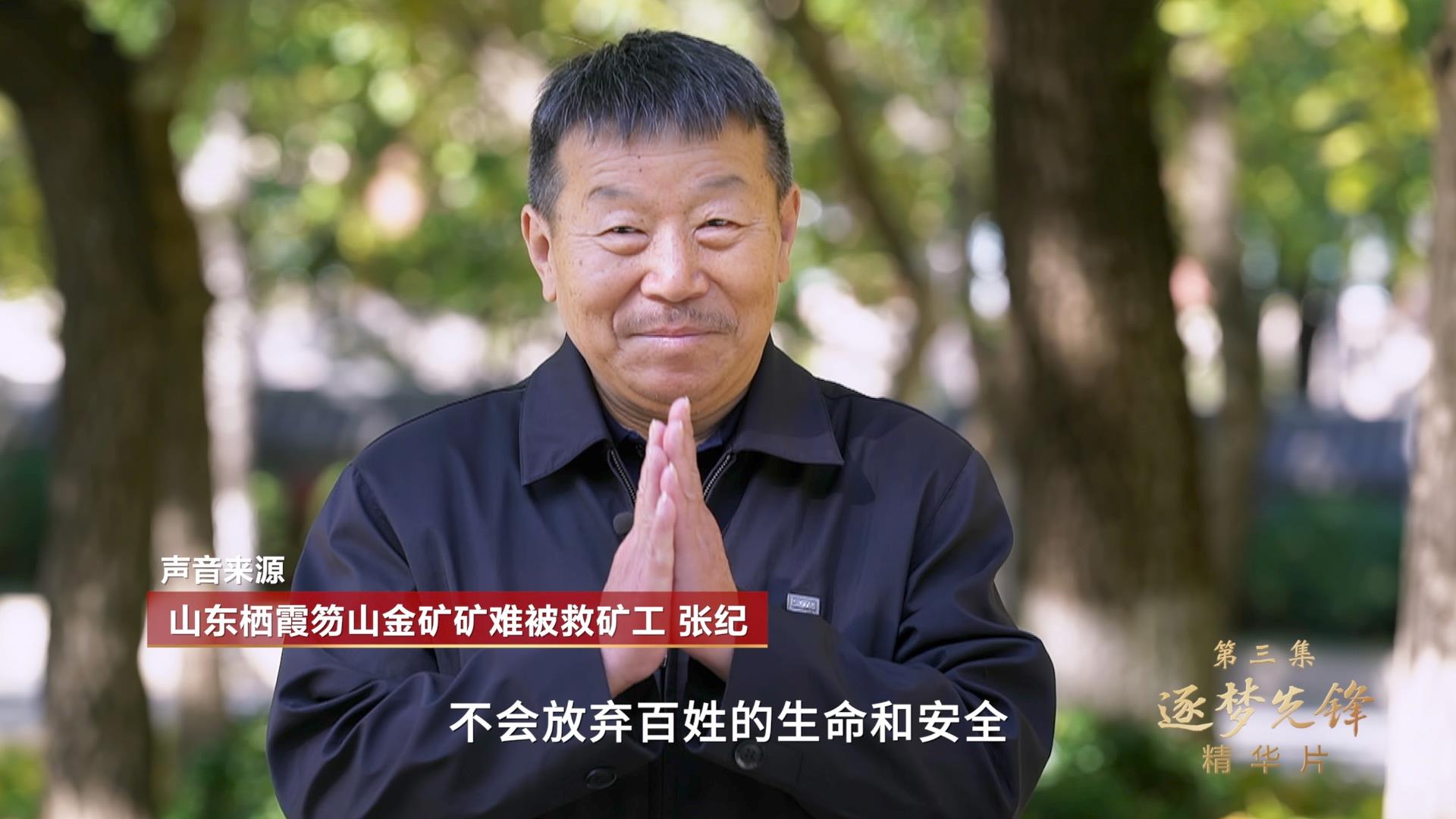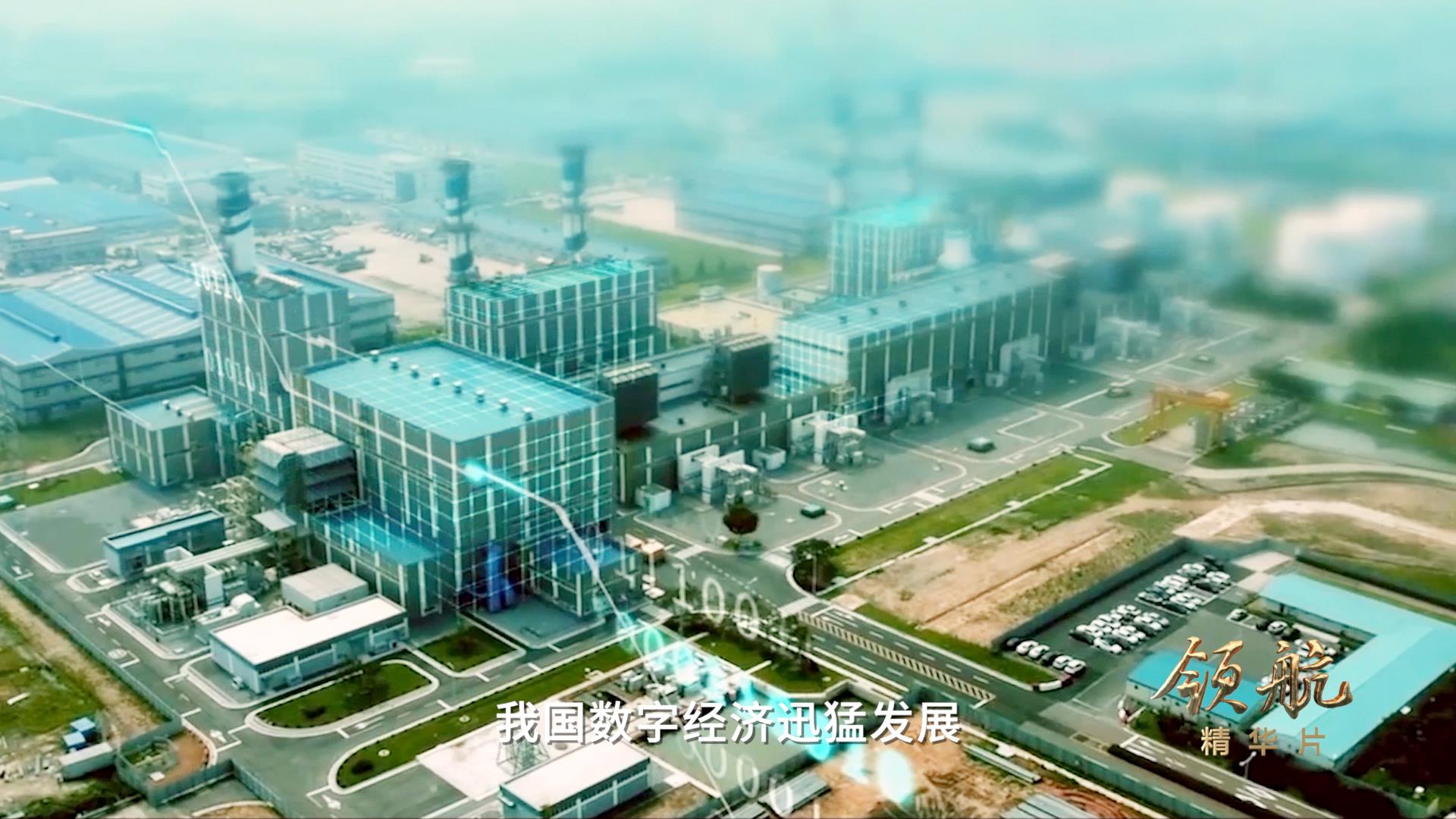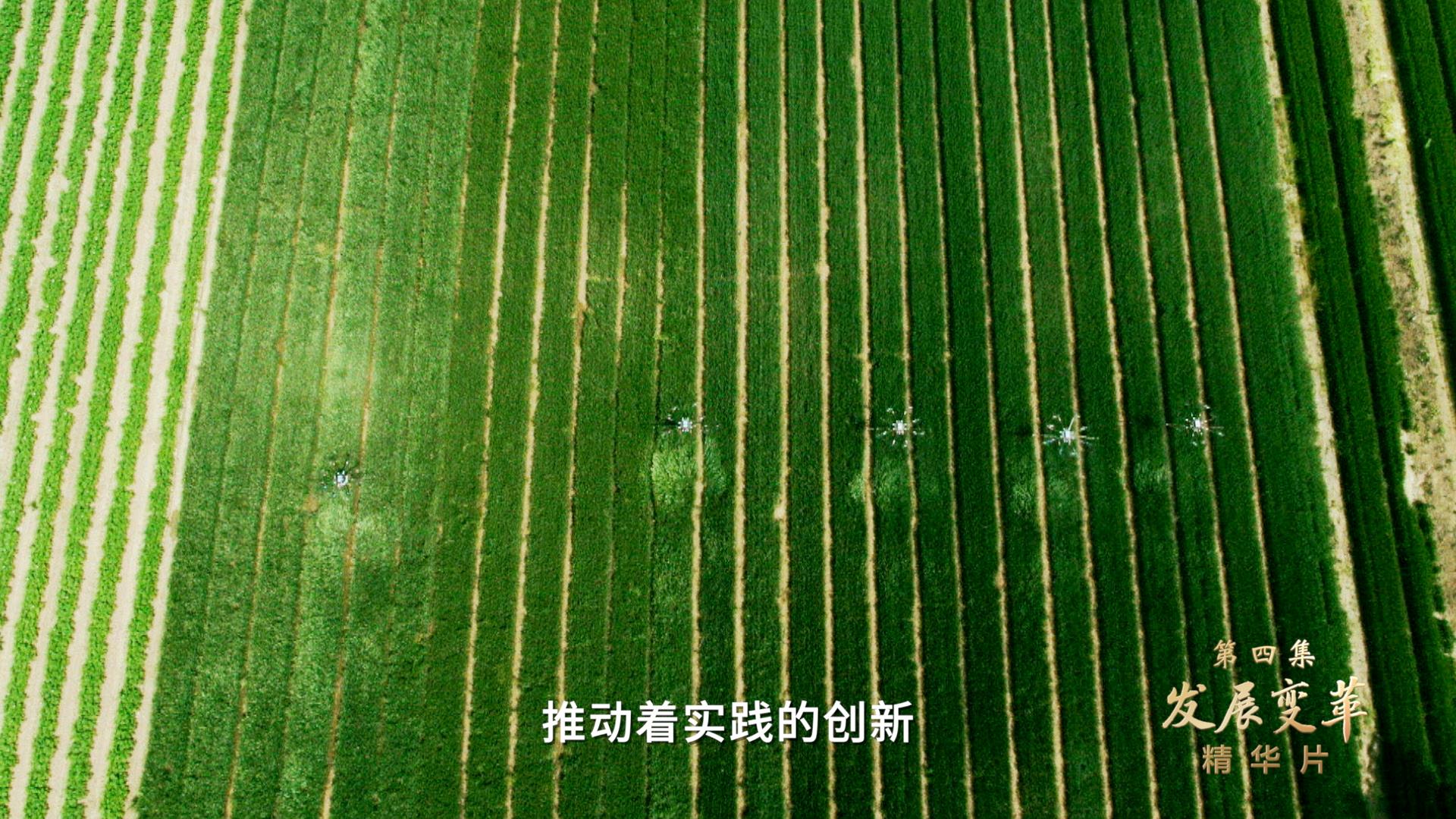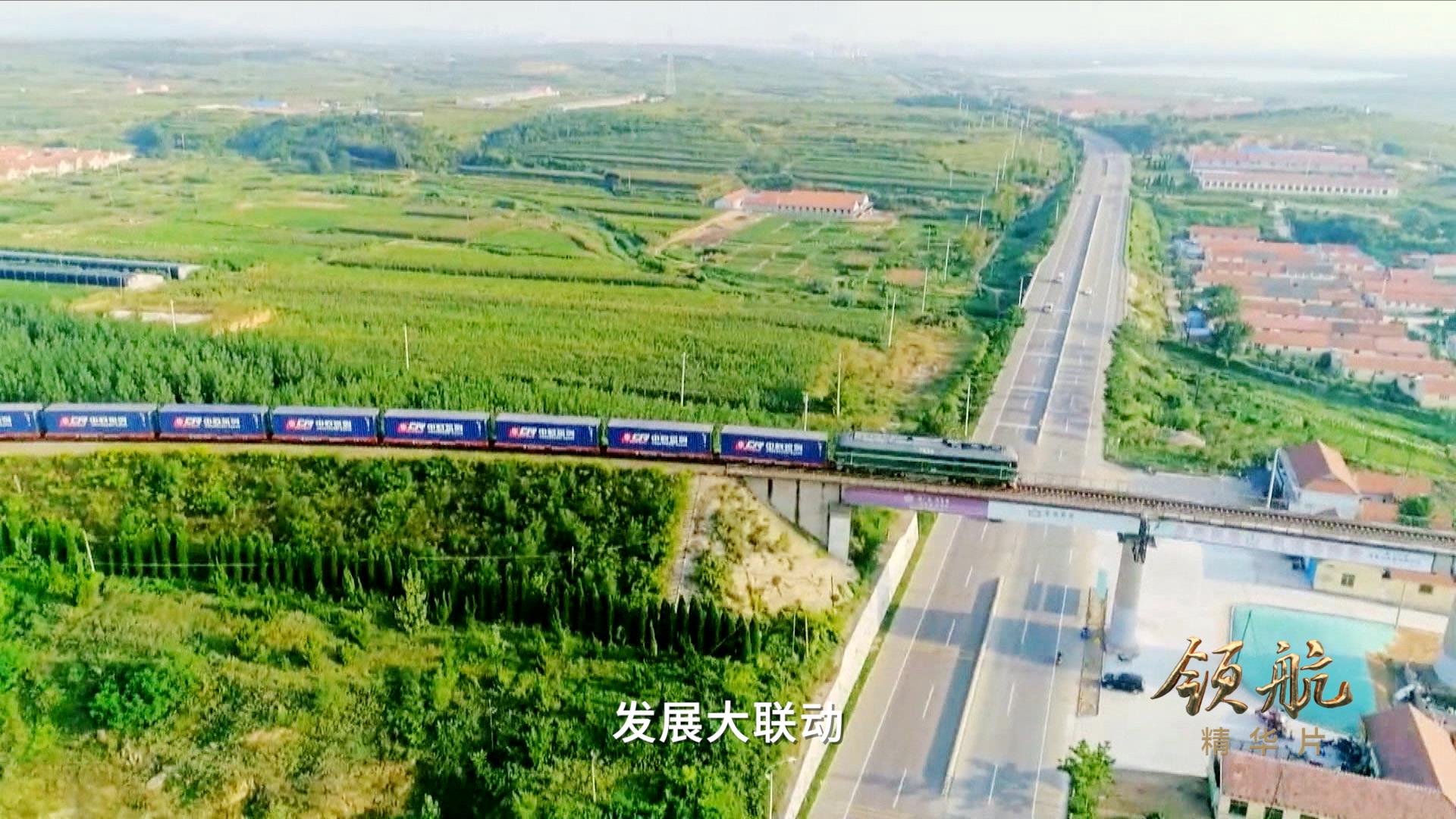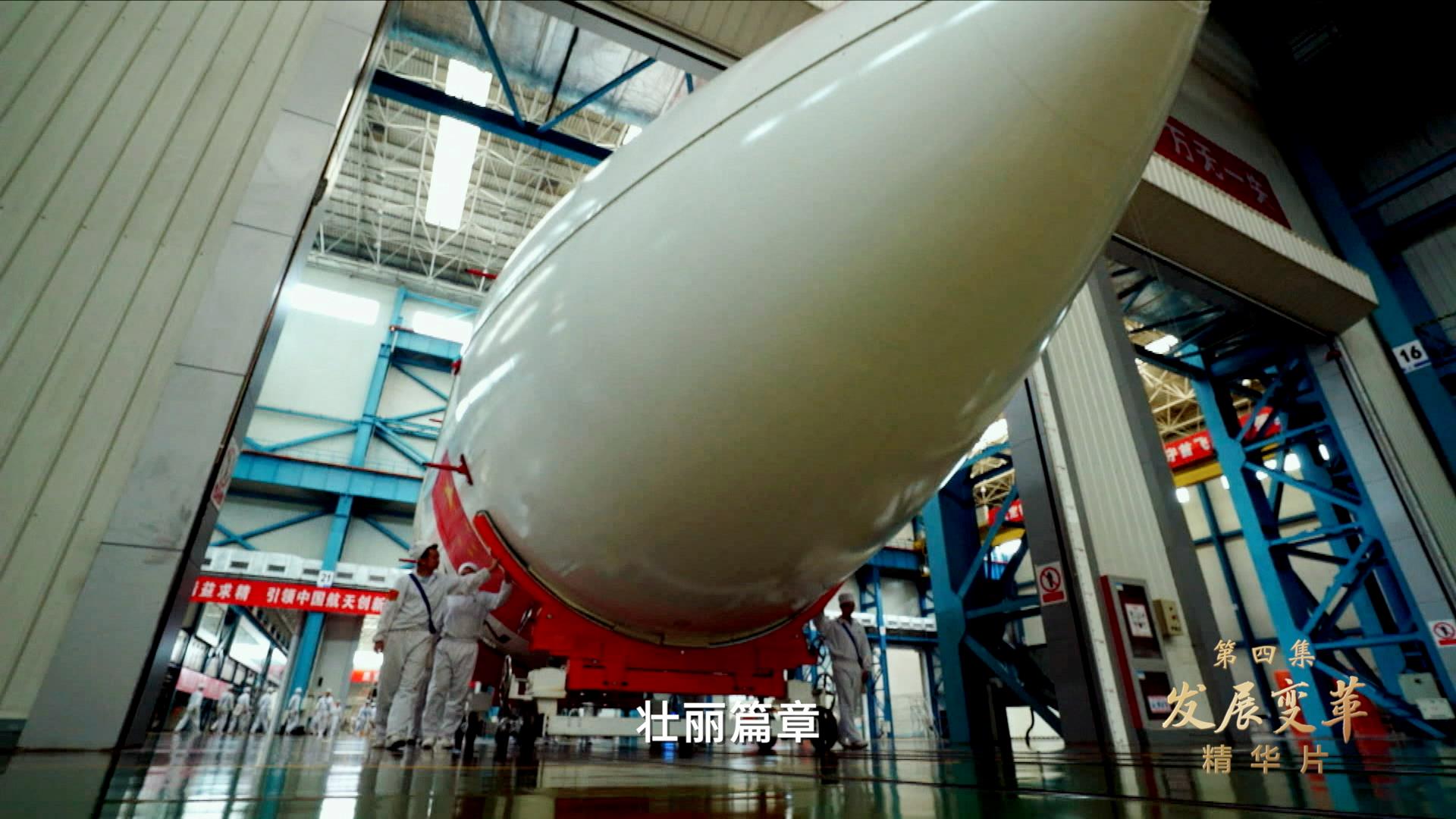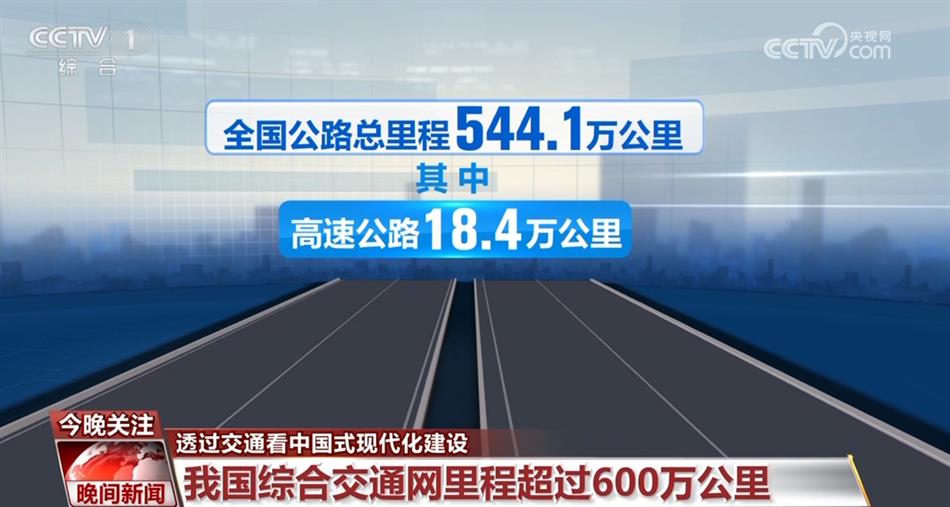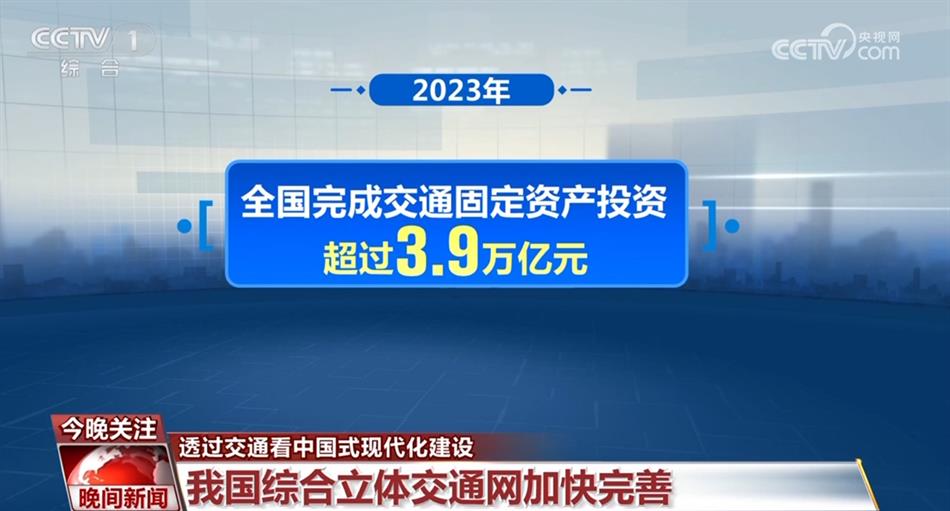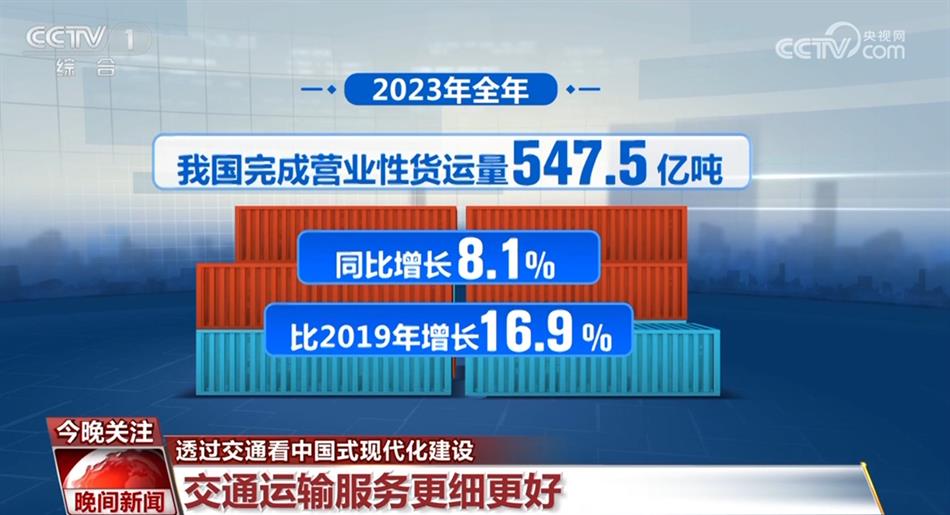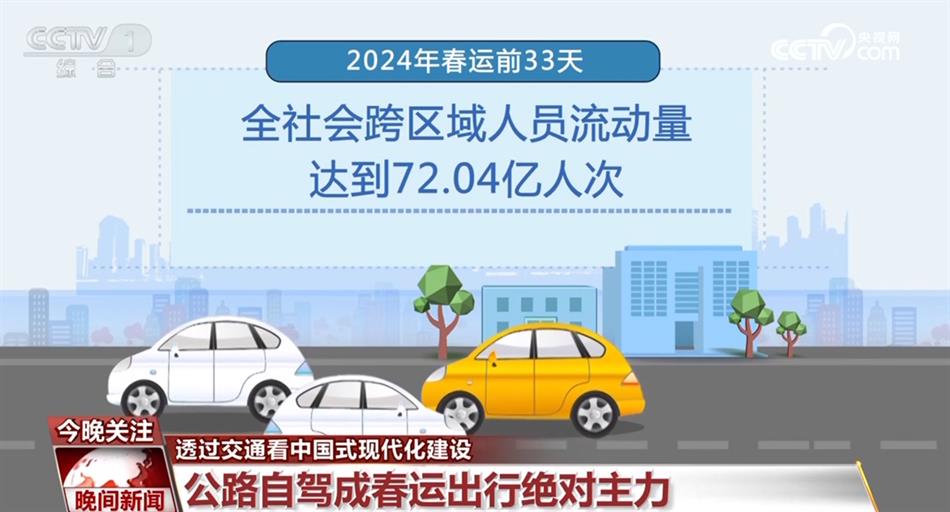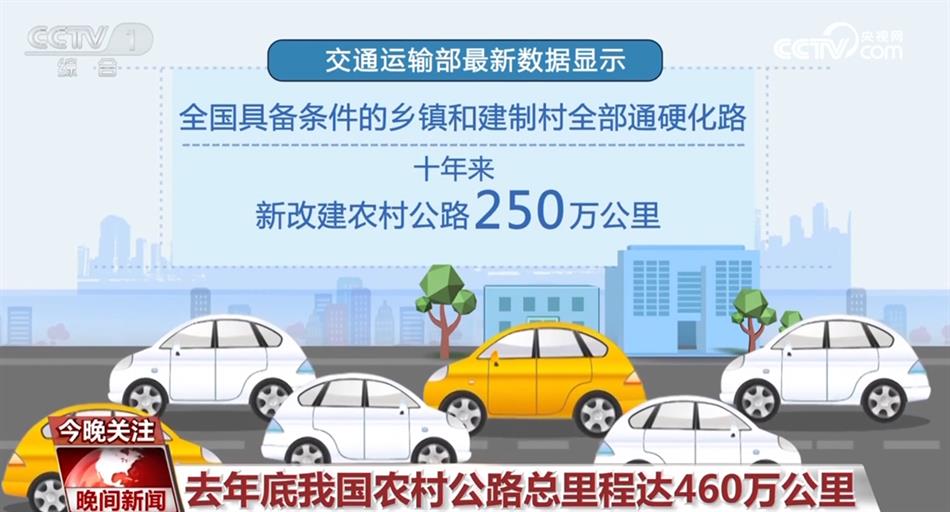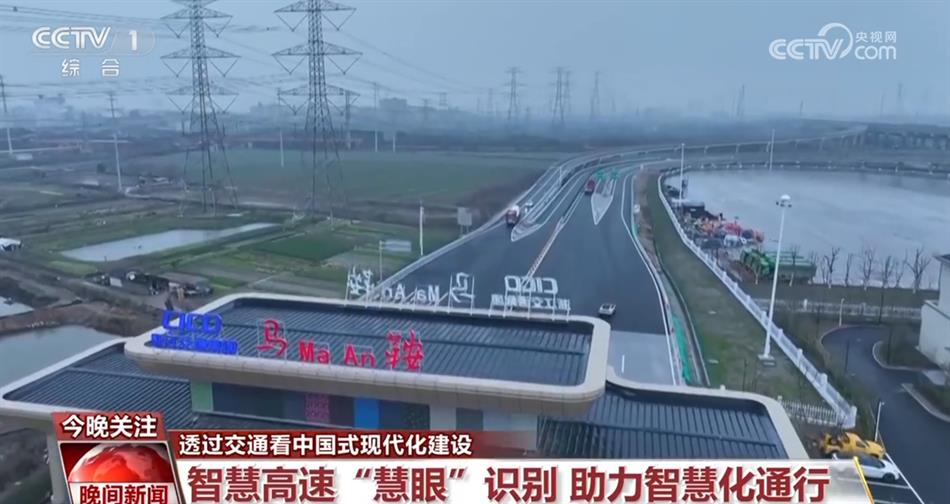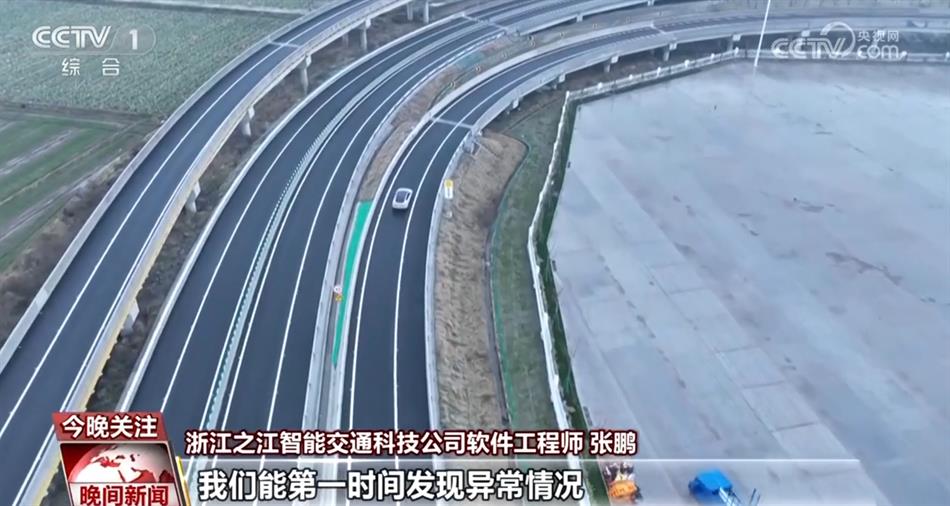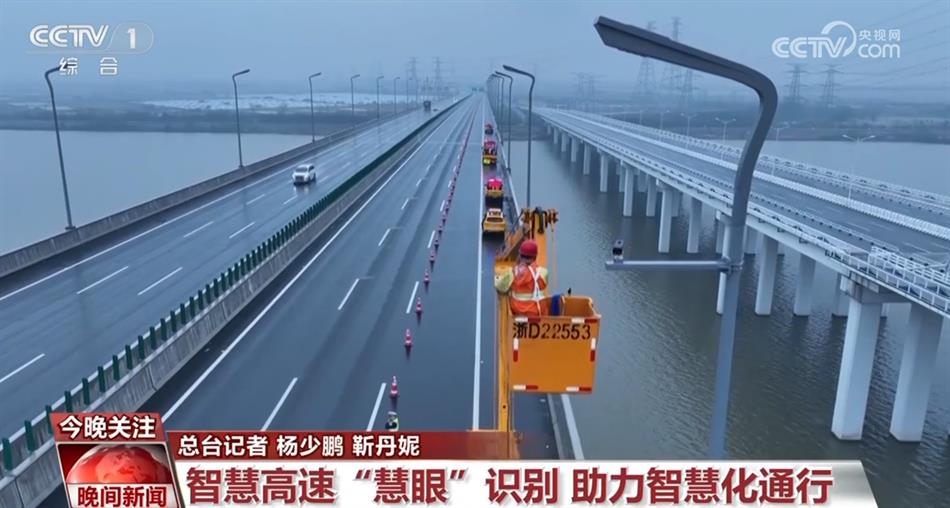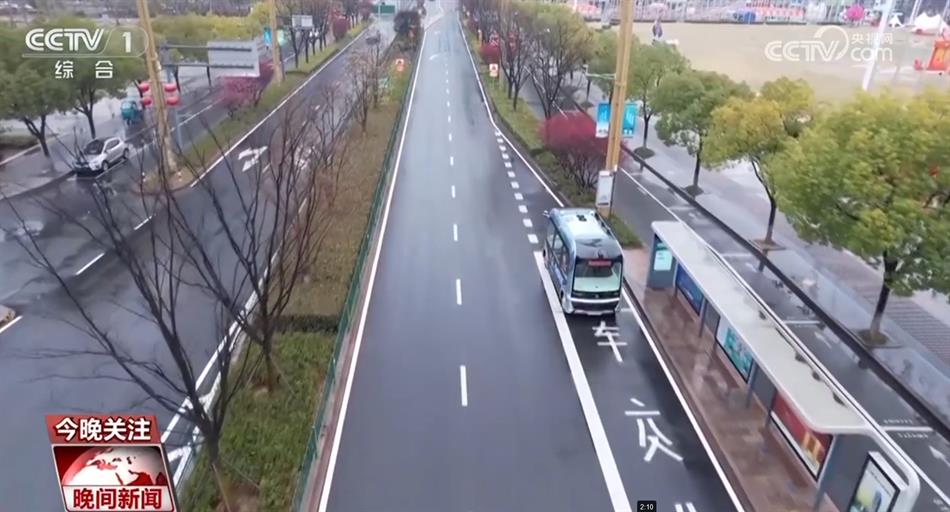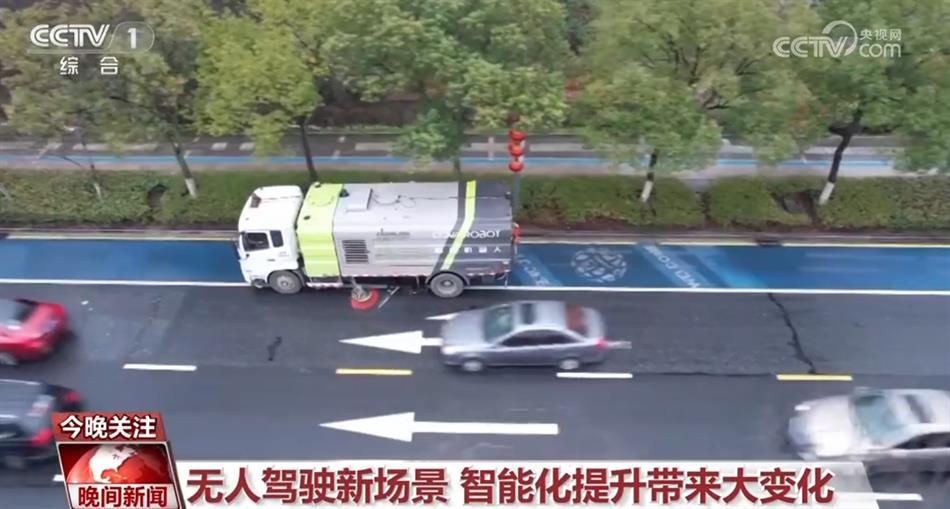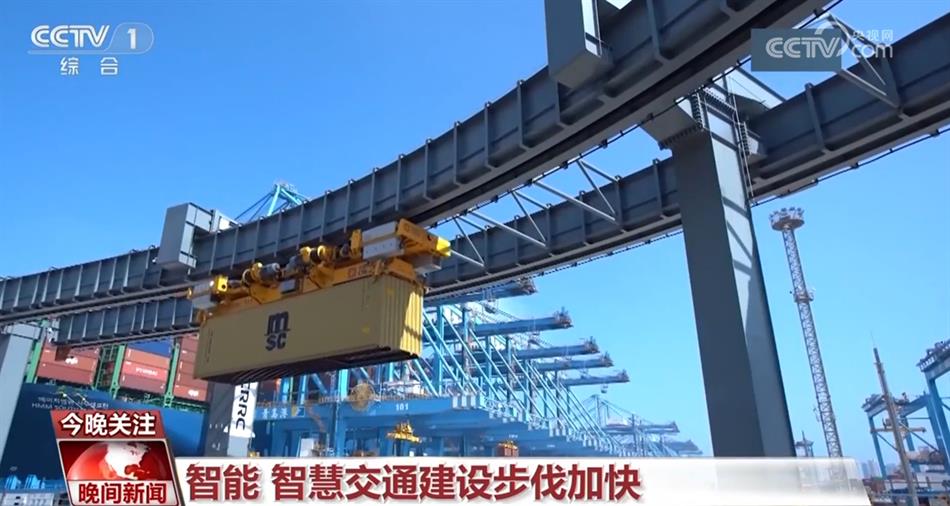Shanghai: When the "reshuffle" of supermarkets and convenience stores is going on.
Shops and convenience stores in Shanghai are being reshuffled.
Carrefour has been operating in China for more than 20 years, and the new owner has been replaced by Suning; Metro, which entered almost at the same time as Carrefour, is also looking for the receiver of China business … … Even ordinary consumers can clearly feel this change when walking on the street — — Traditional hypermarkets such as e-mart and Tesco are gradually withdrawing from the downtown area and being replaced by various new supermarkets and convenience stores. Among them, there are foreign brands such as ALDI, the century-old supermarket chain in Germany, Costco, the second largest retail supermarket in the world, and new brands hatched by domestic capital such as Pick’n Go, Suning Store, Ole’s boutique supermarket and G-Super. Shanghai’s supermarket industry has become more and more lively.
Every round of survival of the fittest, Shanghai’s supermarket industry is evolving itself. Every brand is constantly trying and growing in this new era of consumption, letting go of the game between technological upgrading and business model change. And all business comes from the most basic variable, the consumer.
■ Wen Wei Po reporter Xu Jinghui
Giant game
Those who can’t run fast will eventually be eliminated
In the early 1990s, the supermarket format entered Shanghai for the first time, and it has reached the stage of standing in the thirties. However, this mature system is not calm, and "undercurrent surging" is the most appropriate adjective to describe the current state of this industry.
At the end of last month, Suning.cn announced that its wholly-owned subsidiary Suning International planned to invest 4.8 billion yuan to acquire 80% shares of Carrefour China, thus swallowing this "behemoth" with an operating income of nearly 30 billion yuan in China. Not only Carrefour, but also the "Big Mac" supermarkets in the past seem to have a "middle-aged crisis". Lotte, e-mart, Tesco and other brands have withdrawn one after another, while Metro has been seeking to sell its China business … …
The "vacancy" in the market has been replaced by new brands with stronger capital. Box Ma Xiansheng, hatched from Alibaba, became the main store for major shopping centers in just three years, and successfully embarked on the "C position"; Tencent invested heavily in Yonghui’s new format "super species", which expanded rapidly nationwide; Greenland Group’s G-Super Greenland, which lays out the retail industry, is preferably fully expanded in first-and second-tier cities, with 31 stores opened in Shanghai alone … … These supermarkets rooted in shopping centers have gradually replaced the original "single-family" hypermarkets.
The same situation also appeared in the convenience store industry. Many years ago, small convenience stores such as Keke, Haode, Liangyou and Diatiantian, which were all over the streets of Shanghai, were shrinking, while Japanese brands such as Family and Rosen developed steadily, while a number of new brands such as Suning Store and Convenience Bee rose, with the blessing of giants such as Suning, Tencent and Gaoyou Capital.
Looking at the reshuffle of the supermarket industry, behind the giant game is actually the transformation of business philosophy: when the development and reform of a format can’t beat the market and consumers, it will inevitably go downhill. In the past, the supermarket format faced a market that had not been developed by e-commerce, and consumers had to rely on the offline shopping environment. Therefore, the intensive and one-stop shopping environment was favored. With the impact and integration of e-commerce, the past business model has been difficult to meet the needs of current consumers.
The re-opening of the supermarket industry, the traditional hypermarkets represented by Yonghui and RT Mart, and the new brands represented by Boxma Xiansheng, have similar paths — — Seamless online and offline links to speed up home service. In March last year, RT Mart’s "online ordering and offline delivery" service was fully rolled out. Bin Yuan, a new retailer in RT Mart, revealed in an interview that although this transformation is difficult, the effect is quite obvious after the integration of online and offline, which not only greatly improves the efficiency, but also makes the consumer structure younger, which is the most desirable change of traditional hypermarkets.
Consumer competition
Adjust the strategy according to consumer preferences
In this round of reshuffle, the change of business model comes from the most basic variable of consumers. A report from Deloitte shows that the rapid economic development in China has stimulated the consumption demand of the younger generation. Different from the previous generation of consumers, young consumers pay more attention to convenient, personalized and high-quality shopping experience.
Judging from the shopping habits of the main consumers, such as post-80s, post-90s and even post-00s, they are fundamentally different from the previous generation: post-80s and post-60s like to browse the promotional advertisements stuffed into mailboxes in supermarkets, then get on the free shuttle bus early in the morning and buy all the discounted daily necessities at once in the stores. However, the post-80s and post-90s are not like this. As far as their eyes are concerned, the "June 18th Promotion" and the "double 11" online carnival are the two major shopping labels at the middle and end of the year, respectively. Those daily necessities such as paper towels, toiletries and baby diapers are purchased at a low price at one time. Even if they "improvise" and move their fingers, these standard products can basically be purchased from all over the country in one day.
The change of consumers’ shopping habits has a great impact on hypermarkets. Some surveys show that in first-tier cities, the frequency of young consumers going to large supermarkets can be calculated by "month", which makes the "Big Mac" have to make strategic adjustments around the changes in consumer demand.
At present, a relatively successful adjustment model is the development of large-scale enterprises with ultra-miniaturization. For example, Easy Carrefour is a successful case. Its most obvious benefit lies in cost saving. On the one hand, those goods with high online shopping rate gradually withdraw from the shelves, greatly reducing the area of the supermarket; On the other hand, these supermarkets, with an area of about 1,000 square meters, mainly focus on fresh food, imported food, beverages and other products with high repurchase rate and instant consumption, which can filter the positive impact brought by e-commerce to the maximum extent.
The development of large-scale supermarkets towards miniaturization is also helpful to its site selection. Previously, "Big Mac" stores loved "single-family" stores, with all kinds of parking lots and shuttle buses. Now, entering shopping centers is not only easier to operate than big stores, but also easier to reach young consumers, and it is also convenient for large-scale expansion.
From a deep perspective, the miniaturization of big stores is also a reasonable combination of the whole supply chain to optimize in depth. Nowadays, these scattered supermarkets are already composed of two parts — — Front store and back warehouse. The function of "front store" further flies away in the direction of "emergency+experience", such as fresh products, beverage products and so on; The "back warehouse" has turned into a "front warehouse" for online shopping users, stocking according to big data and responding to online shopping needs.
Cost bottom line
Looking for breakthrough direction in "actuarial science"
The reshuffle of Shanghai Shangchao format is also closely related to cost. At the end of 1990s, when the first batch of hypermarkets entered Shanghai, they signed multi-year leases in one breath. Now, most of them quit because the leases expired and they could not afford high rents.
But the latecomers also have to face the cost game — — The premise of any business model is profitability. In the era of supermarkets with high rents and high labor costs, new solutions are needed.
Starting from the "variable" of consumers, fresh products with high gross profit have become the main direction of major brands. In this matter, as big as box horse fresh, super species, Ole’ Boutique supermarkets, as small as Suning stores and Haode convenience stores, are all making efforts. As a matter of fact, the fresh-keeping strategy has achieved very good results in the early stage. This kind of goods with high repurchase rate and high gross profit margin can directly drive profit growth. Fresh products have made extremely important contributions to the reason why Box Horse Fresh Life’s first store in China can realize single-store profit so quickly.
However, we have to pay attention to the fact that when all brands are heading for running all the way, the rapidly saturated market makes this once-tried-and-tested model "kick the iron plate". Box Ma Xiansheng has closed its store for the first time this year, and Wanda Store in Wujiaochang, the first store of Yonghui Yunchuang’s super species in Shanghai, has recently closed its doors. According to Suning.cn’s financial report, the loss of Suning Store only reached 296 million yuan in the first seven months of 2018. With the rapid expansion of the store, this loss will expand sharply. How to stop loss will be a difficult problem that these brands must face.
To cope with the high cost, another way to solve the problem is to replace manpower with technology. For example, the newly-emerging brand Convenience Bee is equipped with unmanned payment equipment in all stores in Shanghai. In convenience stores that are open 24 hours a day, the work of the night clerk is mainly to receive goods, replenish goods, tally, etc., and the cashier work is replaced by intelligent technology equipment.
Before this, unmanned supermarkets were indeed booming. In 2017, Taobao’s "Amoy Coffee" became popular at the Creation Festival. Since then, all parts of the country have tried water without retail. However, from the current development, the cost of artificial intelligence is much higher than that of labor, which hinders the promotion of unmanned supermarkets. A retired employee of Binguo Box, an unmanned convenience store, told reporters that the company started to lay off employees at the end of last year, and it has plummeted from more than 500 people at its peak to more than 100 people now. However, Wei Xueqi, an associate professor in the Department of Information Management and Information Systems, School of Management, Fudan University, believes that the launch of the 5G commercial tide will be of great help to unmanned supermarkets in the next year or two. Once the technical cost can be greatly reduced, it will be able to support this new format. Accelerate development.
In addition, it is also a strategy to open a shop in the suburbs where the land price is cheaper. Whether it is a Sam member store in Qingpu or Pudong, or a market opening guest who is about to open, it is such a prudent business. Andrew Miles, president of Sam member store’s China business, calculated an account for the reporter: the cost of opening a store in the suburbs is only half of that of an urban supermarket, while the sales volume brought by strict control of product quality can reach 5 to 10 times that of an ordinary supermarket, which gives the possibility of a virtuous circle of supermarket formats.
Personalized development
Thousands of stores and thousands of faces, to "change" to meet the trend.
The transformation of Shanghai supermarket industry is far from over, because from this summer, a large wave of new stores will be unveiled in Shanghai — —
At the end of June, Oleqi, a famous cheap supermarket brand in Europe, opened two offline stores in one breath and officially entered the retail battlefield in China.
On July 2nd, Box Horse opened a new convenience store in Shanghai — — Pick’n go, the "smallest" box horse store in history, covers an area of less than 20 square meters. It is mainly engaged in fresh food and is also the latest attempt of box horse.
On July 4th, Yonghui Supermarket "Market Life" opened in Sanlin Impression City, Pudong, with the combination of traditional market culture and fashionable and modern farmer’s market decoration as its selling point.
In late July, Yonghui Supermarket’s first mini community store will soon land in Nanxiang, Jiading, which is also a new exploration of Yonghui Supermarket after "super species" … …
New brands emerge one after another, and "change" is the only constant theme. Hou Yi, CEO of Box Horse Fresh Life, once said that in addition to Box Horse Fresh Life, they are actively exploring new formats such as Box Horse Vegetable Market and Box Horse mini, and studying the best format model in different cities, different regions, different population densities and different scenarios, so as to make strategic reserves for the development in the next decade.
Not long ago, Convenience Bee got the first hot meal business license of convenience store in Shanghai. Nowadays, in every store, you can see a hot meal sales area enclosed by a glass curtain wall, which is equipped with steaming oven, cleaning and disinfection washing pool, warm water heat preservation cabinet and other equipment and facilities for supplying hot food. After the hot meal is heated, it can be stored in the warm water heat preservation cabinet, which can maintain a constant temperature, which means that no matter the first guest or the last guest, they can get the meal with the same temperature.
At the same time, theme stores and exclusive imported goods are also important "playing methods" for major brands. At the end of May, Rosen’s first Hello Kitty theme convenience store in the world opened in Nanjing East Road subway station. Before that, this convenience store had launched theme stores such as "Shanghai Football", "Teddy Bear" and "Detective Conan" to attract consumers to stop. The G-Super Green Space Optimization is based on the spillover effect of the import Expo, trying to improve its core competitiveness while introducing more new overseas products and bringing global good goods into the domestic market more efficiently.
In the ever-changing, Shangchao industry is working hard in the direction of segmentation and personalization. These differentiated explorations may become the keys for brands to settle down in the future. Liu Min, deputy director of the Shanghai Municipal Commission of Commerce, said that the retail industry in Shanghai experienced the last round of information technology development, and now it has returned to quality and service again, forming a positive spiral upward trend, which will bring brand-new vitality and energy to the supermarket industry in Shanghai.







